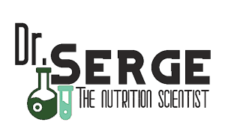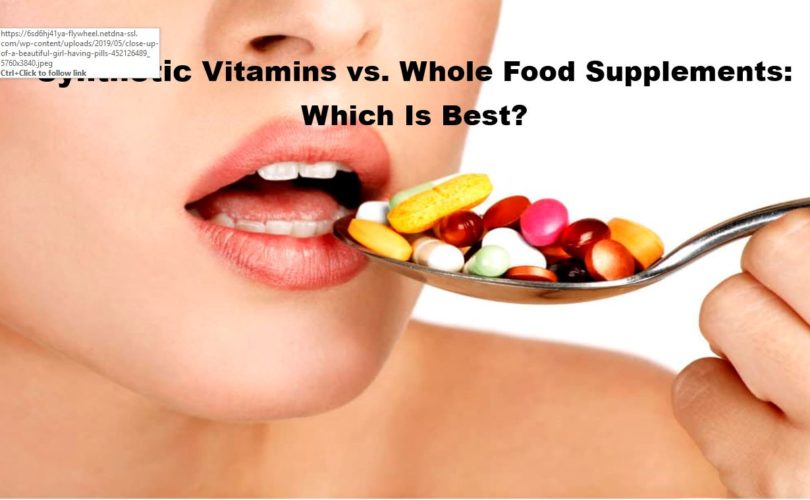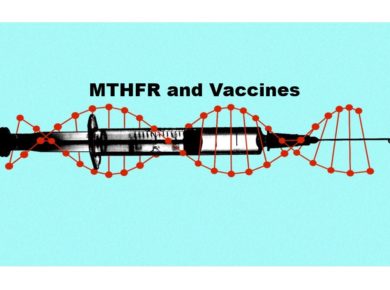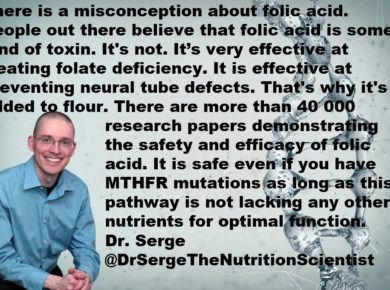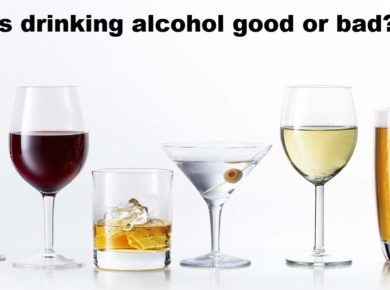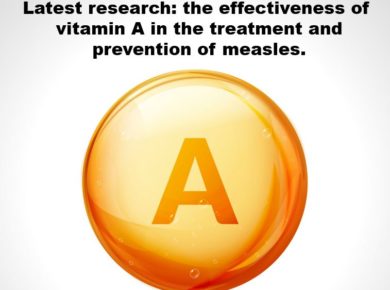Do we need to take supplements? Is it a waste of money?
I’ve sometimes been stunned on the first visit from a new client.
I generally ask them to list all the supplements they take. And sometimes I am shocked at the number of bottles they take!
Lots of people take supplements, but they do not know what they buy and consume. They do not know there is a broad range of quality of products, different sources, different potencies, and so on.
People are very confused when it comes to vitamins. Especially with recent reports claiming that vitamins are not necessary and that they could actually be bad for us!
Often people do not understand the basic definitions of various vitamins and supplements, so let’s start there.
Synthetic vitamins are made to mimic the way natural nutrients act in our bodies. They are made in laboratories, not from food. They are byproducts of the oil and gas industry. It is not hard to see that those vitamins are dangerous, hazardous, and they can wreak havoc your body.
In this blog post, I’m specifically talking about whole food supplements that are an actual addition to our diet.
They are concentrated foods and generally contain vitamins. We will consider the differences in more detail below.
The vitamins present in whole foods are found in nature as complete complexes. Synthetic, chemical vitamins, such as B1 and E tocopherols, both contain only isolates, or parts, of the whole complex.
This difference is important because you need all of the synergistic factors that complete a vitamin to achieve a nutritional effect. Thus, whole food supplements act in the body like whole food, but they are in therapeutic concentrations.
Synthetic forms of vitamins might have a stimulating effect, but they do not have a nutritional effect. They can, in fact, cause deficiencies because the body tries to complete the isolated form by grabbing nutrients from its own storehouse.
That is the case with ascorbic acid. People believe that ascorbic acid is the same thing as vitamin C. But in fact, vitamin C is a complex of about 130-150 components, which ascorbic acid is just one.
One of the many important things to understand about vitamins is that they do not provide energy as such. Proteins, fats, and complex carbohydrates are the fuels that energize and provide the raw material for growth.
Whole food vitamins are the catalysts that spark the growth process.
Unfortunately, most vitamins from your local health food store are synthetic, meaning they are produced in laboratories with chemicals.
I would say they make a mockery of the real vitamins found in whole foods. They can be toxic, especially in large amounts. They are produced in mass quantities and are therefore inferior to both whole foods and whole food supplements like those produced by Standard Process or other whole food supplements.
SP whole food supplements are made into tablets or capsules, but while they look similar to bottled vitamins, they actually contain a complex of concentrated whole foods, produced in therapeutic strength and derived from pristine organic gardens and ranches.
Supplements are primarily meant to improve a specific health condition (e.g., digestive problems) or to provide some important nourishment missing in your diet, such as calcium and magnesium in the right ratio.
In other words, whole food supplements are an actual addition to your diet or meal. Moreover, they aren’t heated, and they don’t contain any synthetic substances.
Yet even in this category, I encounter many clients who take an excessive amount of synthetic vitamins.
How do we bring balance to our lives, spend less money, and get the superior nutrition and positive results from vitamins that we should be getting from real, whole, organic foods? And how do we get concentrated foods from whole food supplements to address some of our more serious nutritional needs?
A Program that Addresses Only What You Need
The old saying that “everybody is different” also applies to getting the best of the best vitamins and supplements tailored to meet our individual needs. It’s called a protocol, which is generally a list of products recommended by your nutritionist or holistic practitioner.
Your specific protocol is compiled after you take some tests (either written or by some other means), the answers to which will help your practitioners better address your particular health issue or issues.
Since it is best to get our vitamins from foods, and since whole food supplements already have many of the whole food vitamins that we need, we should eliminate synthetic vitamins altogether.
Hopefully, you can readily see that a well-planned protocol from your holistic practitioner will not only give you exactly what you need, but it can also be a great tracking tool to help you resolve your needs.
During the more active years in my practice, I found that providing a well-researched protocol for my clients’ particular health issue or issues was ultimately the best way to help them avoid stockpiling excessive bottles of synthetic vitamins.
A good protocol also helped save my clients an untold amount of money because most synthetic vitamins are no-doubt urinated out of your system.
The goal is to have a diet based on whole, fresh, organic foods. You won’t need synthetic vitamins if you consistently include these foods in your diet.
Below is a list of the fourteen superfoods that are the most nutritious based on the principles of several nourishing traditional civilizations:
Butter from grass-fed cows (raw preferably)
Oysters
Liver from grass-fed animals
Eggs from pastured or free-range hens (no soy feed is optimal)
Cod-liver oil
Fish eggs
Whole raw milk from grass-fed cows (Type A2 milk)
Bone broth
Wild shrimp
Wild salmon
Whole yogurt or kefir
Beef from grass-fed steers
Sauerkraut
Organic beets
Why Your Doctor Offers Nutritional Supplements, while many people know that processing food destroys vital nutrients, few realize that the synthetic “vitamins” added back to processed foods, and found in most supplement bottles, are nothing like vitamins as they exist in whole foods.
So the questions we need to answer at this point is: do we really need to take supplements if you have a great diet?
The answer is simple: yes!
For three reasons: nutrient content of our foods, antinutrients (the presence of lectins for example) and malabsorption (caused by leaky gut, pesticides, heavy metals, etc.)
Dr. Donald Davis from the University of Texas at Austin’s Department of Chemistry and Biochemistry published, in December 2004, a report in the Journal of the American College of Nutrition. His team and himself studied data stored by the U.S. Department of Agriculture from both 1950 and 1999 for the nutritional value of 43 different fruits and vegetables. The amount of protein, calcium, phosphorus, iron, riboflavin (vitamin B2) and vitamin C significantly decreased over these years. However, data for other nutrients such as magnesium, zinc, B-6, etc.. were not yet reported in 1950 but we can assume they also decreased.
The Organic Consumers Association cites several other studies with similar findings:
A Kushi Institute analysis of nutrient data from 1975 to 1997 found that average calcium levels in 12 fresh vegetables dropped by 27 percent; iron levels 37 percent; vitamin A levels 21 percent, and vitamin C levels 30%.
A British study shows nutrient data from 1930 to 1980, published in the British Food Journal, found that in 20 vegetables the average calcium content had declined 19 percent; iron 22 percent; and potassium 14 percent.
Official U.S. Department of Agriculture (USDA) nutrient data shows that the calcium content of broccoli averaged 12.9 milligrams per gram of dry weight in 1950, but only 4.4 mg/g dry weight in 2003.
In conclusion, these days, as we just saw, we need to supplement our diet for good quality, organic, whole-food supplements in order to obtain and stay at optimum health!
God bless y’all!
Dr. Serge
